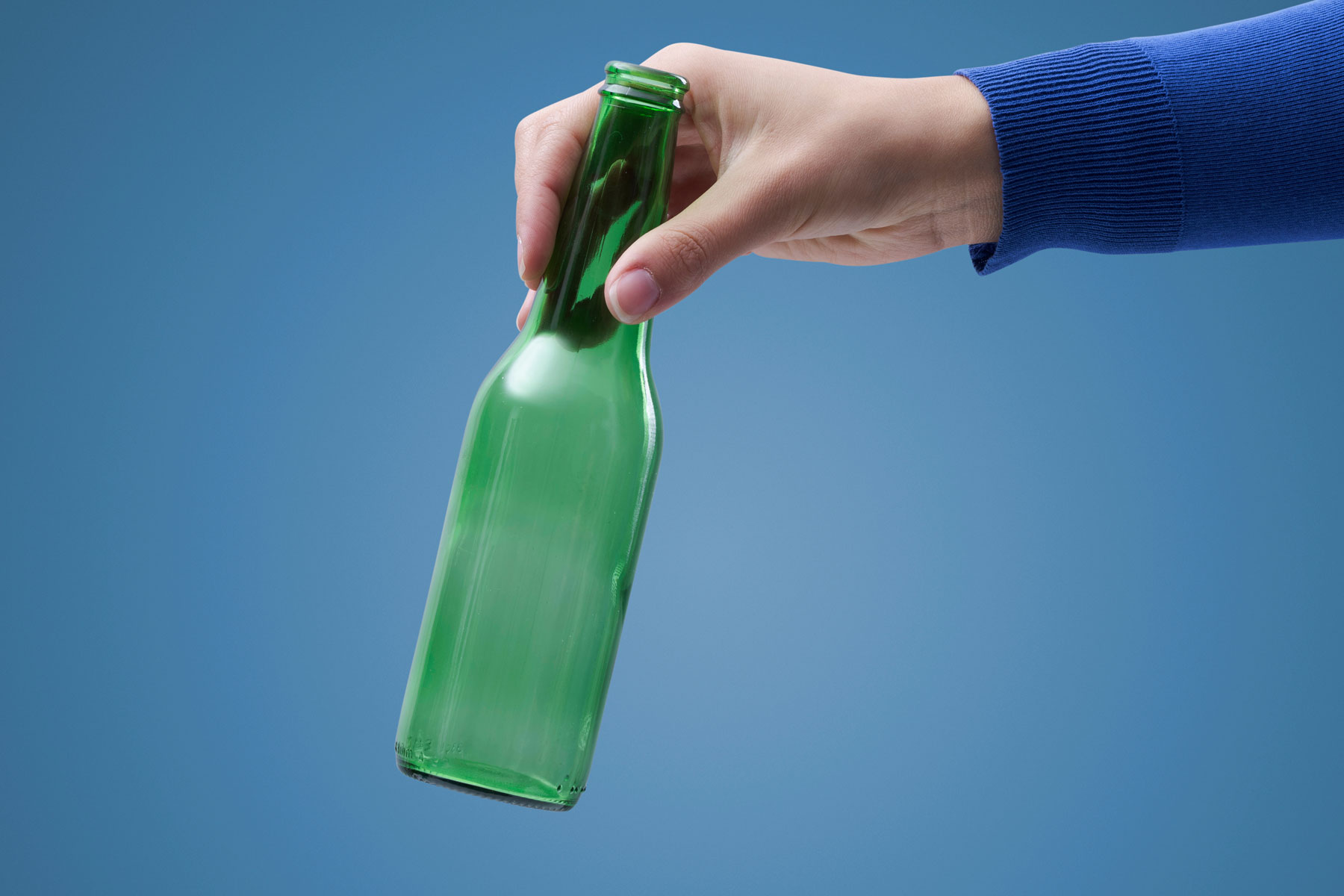The 4 Stages of Alcoholism

Due to the widespread popularity and societal expectations surrounding drinking, it can initially be difficult to recognize when someone has a drinking issue. Unfortunately, by the time it becomes noticeable, physical dependence and addiction may have already become severe. Woodland Recovery Center can help you better understand the stages of alcoholism. Call us today at 662.222.2989 for information about our alcohol addiction treatment and how we can help you or a loved one break the cycle of alcohol use disorder (AUD).
What Are the Stages of Alcoholism?
The basis for our understanding of how alcohol addiction can progress was developed by an American scientist named E. Morton Jellinek. In 1952, he outlined the four stages of alcoholism as it progresses:
- The pre-alcoholic stage
- Early-stage alcoholism
- The middle alcoholic stage
- End-stage alcoholism
Stage 1: The Pre-Alcoholic Stage
Identifying the first stage of alcoholism in oneself or a loved one can be challenging. At this point, drinking habits may not yet negatively impact daily life. The danger lies in how alcohol affects our brains, triggering the release of neurotransmitters like glutamate, dopamine, and GABA that create feelings of excitement, pleasure, and relaxation. With time, the brain becomes reliant on alcohol to release these chemicals, leading to physical dependence and potentially progressing to the next stage of addiction.
During this stage, alcohol may be consumed to:
- Relax
- Feel more comfortable in social situations
- Aid sleep
It can be challenging to notice excessive drinking, as the person may always have a drink at social gatherings. If alcohol becomes the go-to coping mechanism for everyday stresses, it could indicate the first stage of addiction.
Stage 2: Early-Stage Alcoholism
The next stage of alcohol addiction involves binge drinking and blackouts. Sometimes, these behaviors are experimental, especially among teens and young adults. However, they can also indicate a negative progression of alcohol misuse. While not necessarily a daily occurrence, a person in this stage tends to engage in social activities centered around drinking. Increased alcohol consumption raises the risk of brain and body adjustments, potentially leading to AUD.
Binge drinking is defined as consuming five or more standard alcoholic drinks in two hours for males or four or more for females. It’s important to note that effects may vary due to individual body size.
Blackouts occur when alcohol temporarily impairs short-term memory creation. Another red flag for deeper alcohol addiction is an enjoyment of getting drunk quickly, sometimes joked about. This stage is more noticeable than the pre-alcoholic stage, exhibiting clear behaviors that raise legitimate concerns about unhealthy drinking habits.
Stage 3: The Middle Alcoholic Stage
In this stage of alcohol addiction, a person’s drinking habits become evident to those close to them. Some individuals may hide or lie about their alcohol consumption. This stage is marked by prioritizing drinking over relationships, career, or education. Even those skilled in deception begin to experience negative consequences in these important areas of life.
Signs of progression to this stage include risky behavior like drunk driving or drinking while at work or fulfilling home duties. Tolerance to alcohol increases, leading to the need for more alcohol to achieve desired effects. Physical signs such as weight gain, shaking, and skin flushing may also be present. Treatment at this stage can be most effective in reversing the impacts of drinking through healthy lifestyle changes.
Stage 4: End-Stage Alcoholism
In stage four, the long-term consequences of a person’s heavy drinking are impossible to hide. They may have tried to enter treatment or stop drinking on their own with limited or no success. Drinking alcohol becomes an activity that takes up every waking hour as priorities shift to make alcohol the number one priority in the person’s life.
Often, people experiencing end-stage alcoholism are stuck in a negative cycle of drinking that has become impossible to quit on their own. They’re also most likely having health consequences that could include liver damage and other alcohol-related conditions. A person who has reached end-stage alcohol addiction must seek the help of trained professionals as soon as possible, as their drinking habits are likely to cause very serious health problems or even death.
Signs You May Need Alcohol Addiction Treatment
If you or a loved one are experiencing any of the following signs, it may be time to seek help from a caring and professional treatment center. Look out for these warning signs:
- You find it hard to stop drinking once you start
- Drinking has become a primary focus of your daily activities
- You experience mood changes or irritability when not drinking
- Important responsibilities at home, school, or work are being neglected
- You continue to drink despite facing health issues or personal problems caused by alcohol
- Loved ones express concern about your drinking habit
Seeking treatment shows strength and commitment to a healthier and happier life.
Treatment for Alcohol Use Disorder at Woodland Recovery Center Starts with Detox
Alcohol withdrawal can be particularly dangerous if not done under the close supervision of compassionate medical professionals. At Woodland Recovery Center, before being cleared for alcohol rehab, patients undergo a supervised detox to ensure the alcohol and its toxins are out of their system. We address their physical dependence on alcohol and help to manage uncomfortable withdrawal symptoms that start when drinking is reduced or stopped. Specialized medications may be used in this phase of care.
Our goal is to make this process as comfortable as possible as you prepare to build a foundation for lasting success in recovery. Once your withdrawal symptoms have stopped, you’ll transition into the rehab phase of treatment, where we focus on the underlying psychological conditions that influence your alcohol addiction. We’ll help to retrain your brain and body to function normally without alcohol. You’ll also learn how to manage cravings and triggers that can cause relapse.
Call Woodland Recovery Center Today and Start Your Recovery
The stages of alcoholism indicate the need for treatment as early as possible. If you or a loved one are struggling with alcohol addiction, please reach out to our caring and professional staff at Woodland Recovery Center. We’re committed to giving you or your loved one the treatment they deserve for alcohol use disorder. Recognizing the challenges of detoxing from alcohol, we provide medically supported detoxification to ensure a more comfortable process. Call 662.222.2989 or contact us online with questions about how to start your recovery journey today.


